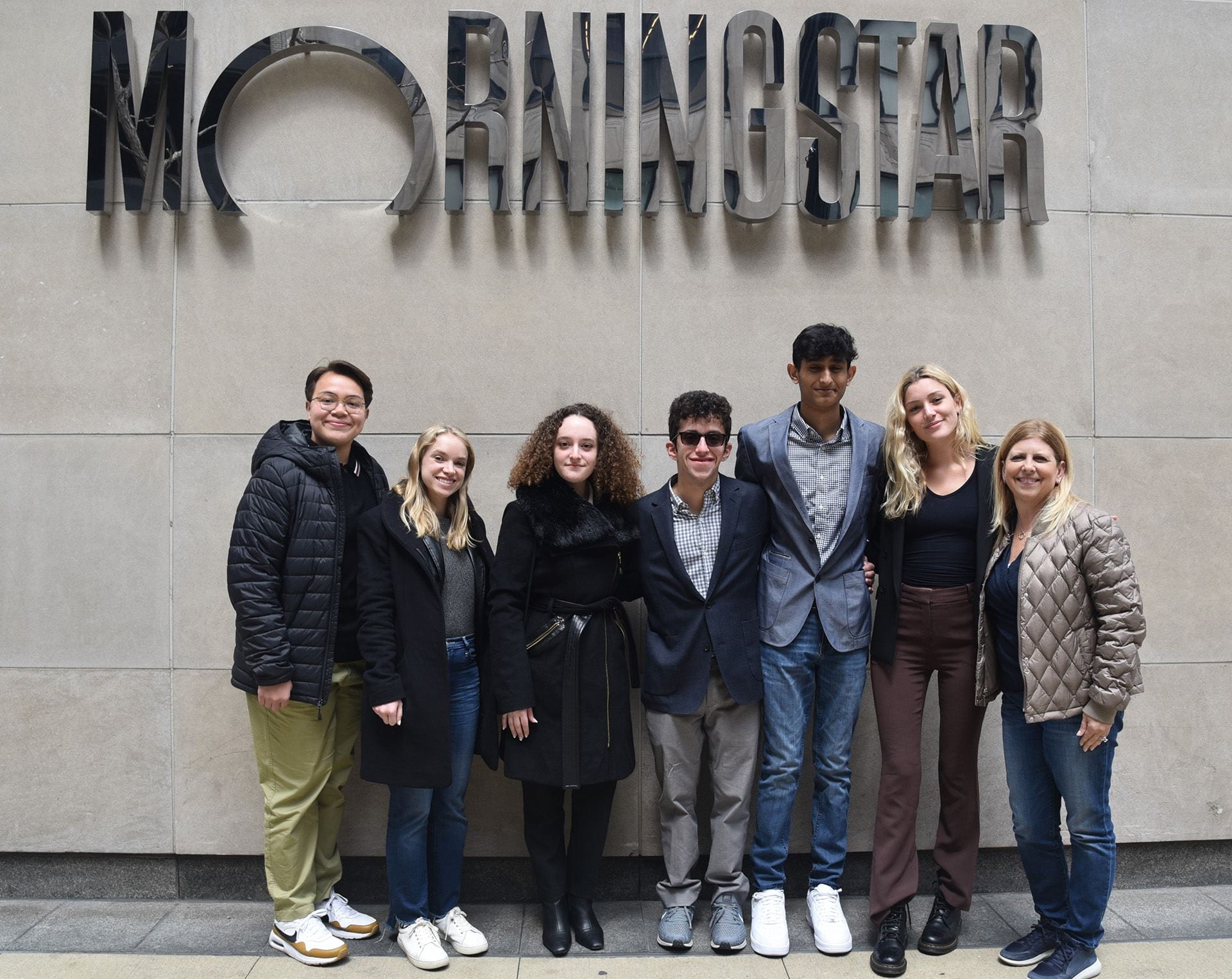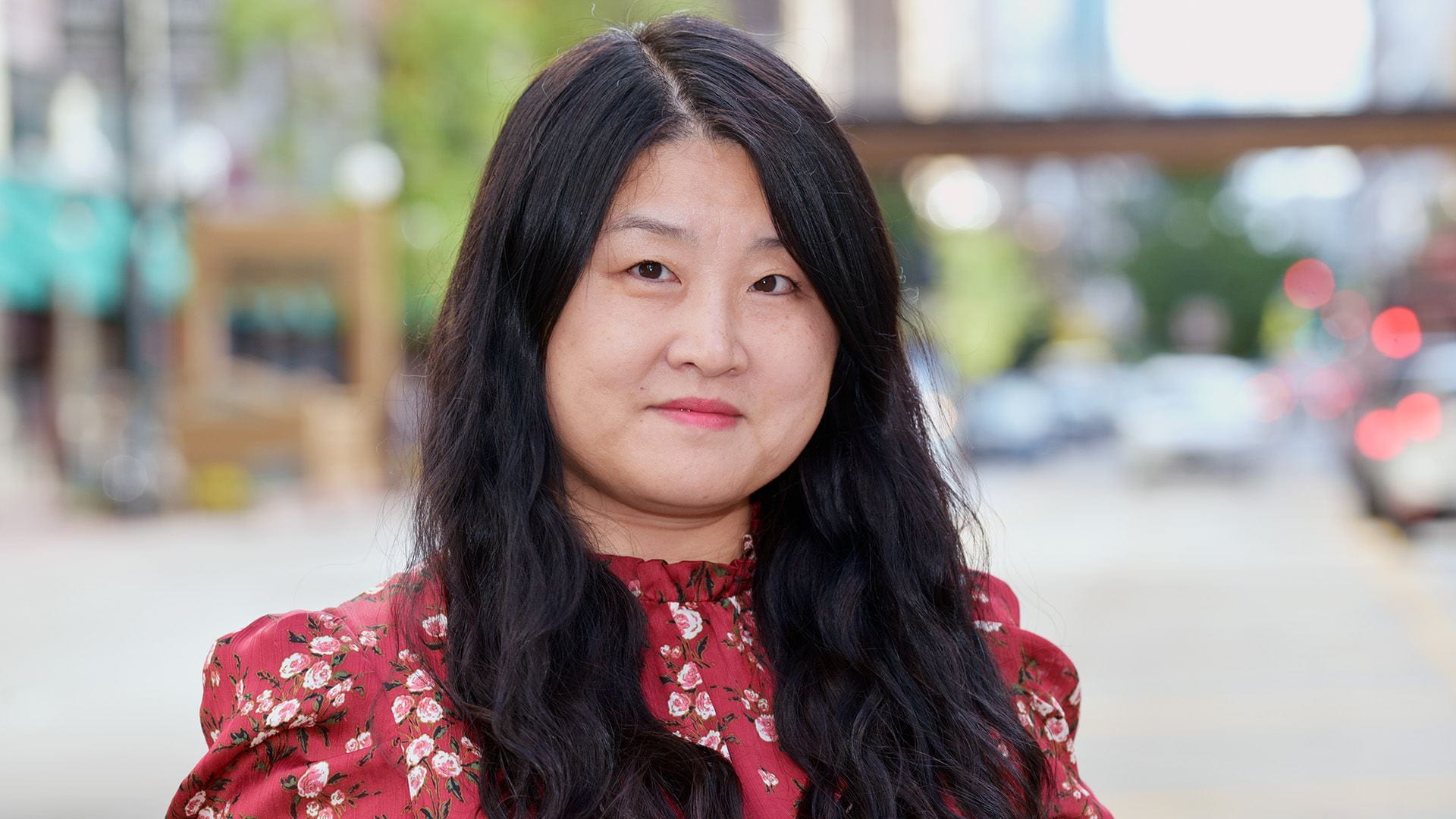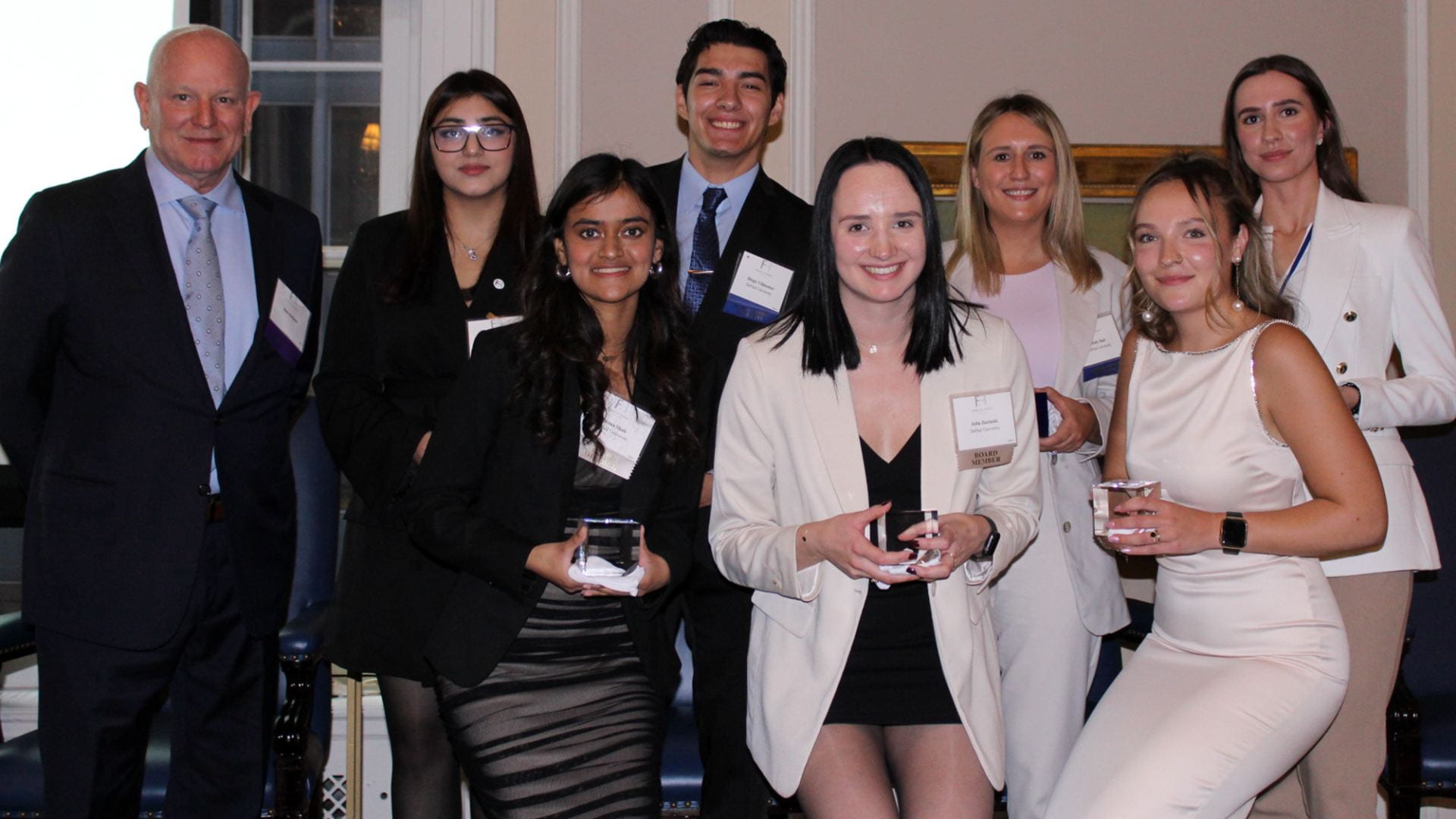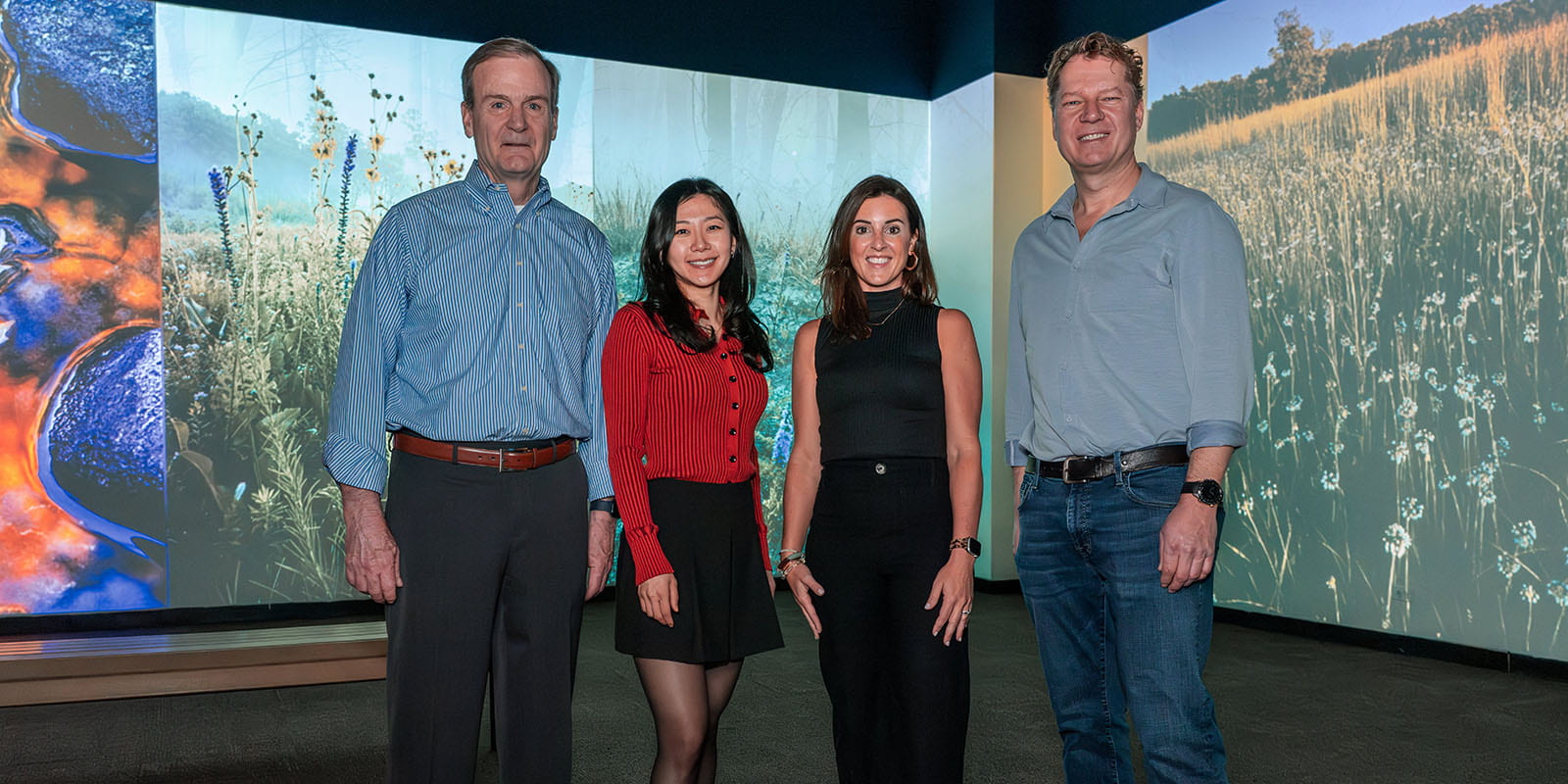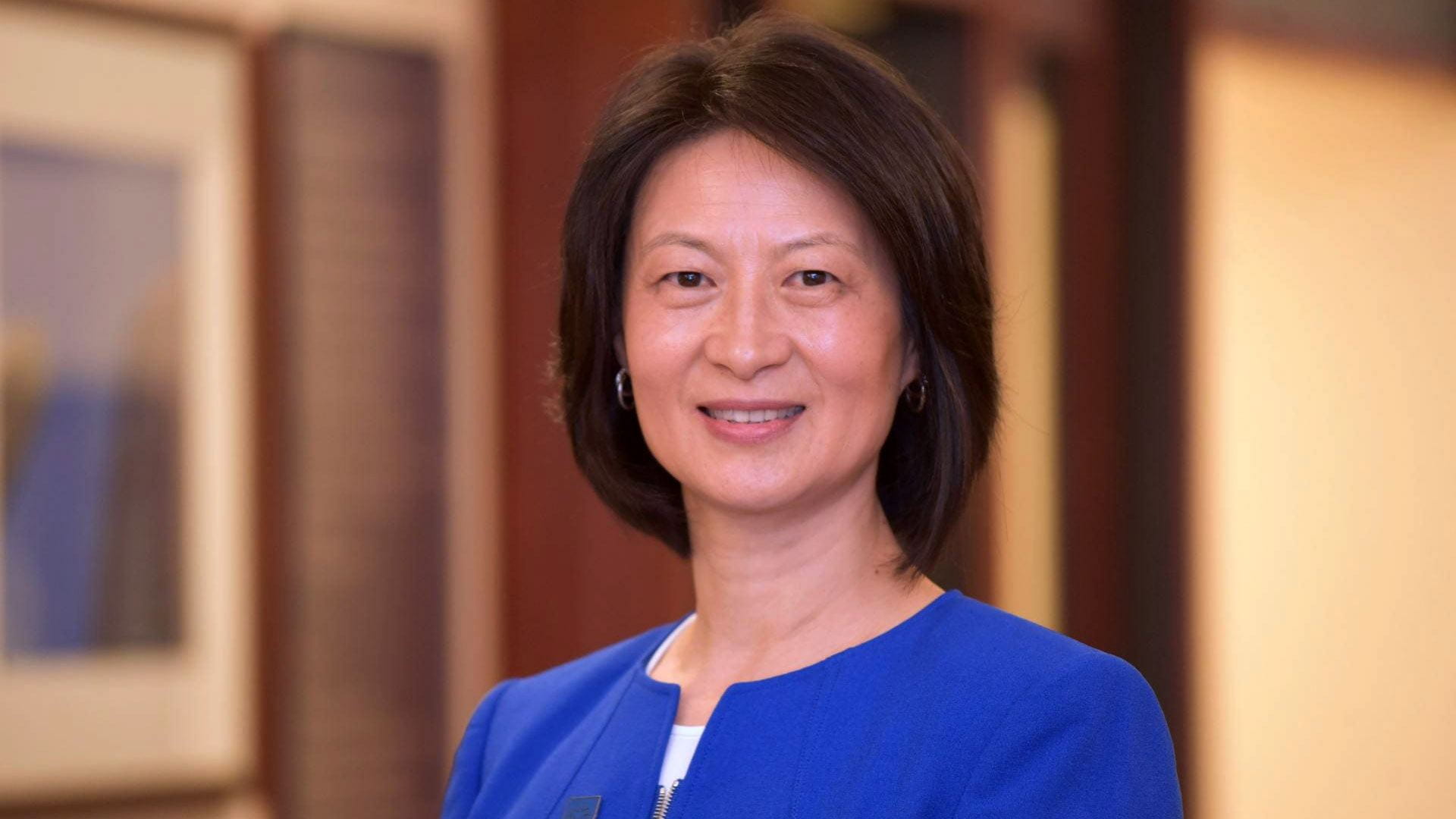
Next month I will have the honor of presenting diplomas to our Class of 2023 business graduates, the culmination of a whirlwind academic year in which our college community made great progress in addressing what must be done to advance the DePaul mission.
We started the year by setting three primary college objectives: strengthen our alumni and business community connections; cultivate faculty, staff and student engagement; and review our academic program portfolio to identify opportunities for growth and innovation.
Here are a few highlights of our work to address these priorities:
- Students have enthusiastically embraced our updated Bachelor of Science in Business program and the opportunity to compete in a quarterly “Shark Tank”-like business pitch competition called the Driehaus Cup, which debuted last fall. This issue’s feature story tells how the revised curriculum and our renewed focus on campus engagement is supporting the success of DePaul undergraduate business students.
- We’ve deepened our relationships with alumni and business organizations by collaborating on mutually beneficial programs and partnerships. DePaul alumnus and Morningstar Global CIO Laura Kohl (MBA ’94) and the late finance executive and DePaul Trustee Lori Holland (BUS ’84) are among the alumni benefactors of new programs we’ve launched this year. In this issue, read more about Kohl and Morningstar’s co-sponsorship of the Driehaus Cup, and the Holland Initiative for Women in finance.
- We’re developing new programs that offer highly marketable skills to students at all levels. This fall, our college will offer a new business analytics undergraduate major and a multidisciplinary computer science + economics degree program that will help prepare students for the future of business. Our Hay Center for Leadership Development, which opened in September, also continues to expand its certificate and customized corporate leadership education programs that empower professionals and organizations to reach their full potential.
- We’re cultivating innovation, which is essential for differentiating and growing our programs. In January our college opened BETA Hub, a new resource center where business students and faculty can apply emerging technologies, such as artificial intelligence, to teaching, learning and research. This spring the DePaul Academic Growth and Innovation Fund awarded a $100,000 grant to BETA Hub so that it can expand its programming. We also recently made the first investment of DePaul’s new Halperin Emerging Company Fund into a venture co-founded by a business alumna. Read more about BETA Hub and the Halperin fund in this issue.
Our faculty are the foundation for all of these positive changes, and in this issue you’ll learn more about two who are expanding the boundaries of student outreach and research: Hui Lin, our accountancy school director and newly named Deloitte Foundation Endowed Professor, and author Kelly Richmond Pope, our Dr. Barry Jay Epstein Endowed Professor of Forensic Accounting.
Our efforts to innovate and expand programs, reach new student populations and strengthen our bond with the business community depend on your generous support for — and engagement with — DePaul.
Behind the success of every graduate who crosses the stage this spring is a vast community of alumni and business allies who give to DePaul, guest-speak in our classrooms, advise and recruit our students, and share their expert advice on how we can best prepare the business leaders of tomorrow.
Thank you for being true blue supporters of the Driehaus College of Business.
Sulin Ba
Dean
Driehaus College of Business
![Pictured from the Drift Team (L to R): Shivani Patel (at podium), Suzanna Linek, Omar Hatamleh, Ethan Brock. [The fifth member, Arshdeep Singh, is not pictured.]](https://blogs.depaul.edu/business-exchange/files/2023/05/dreheuis_cup_driiffs.jpg)
